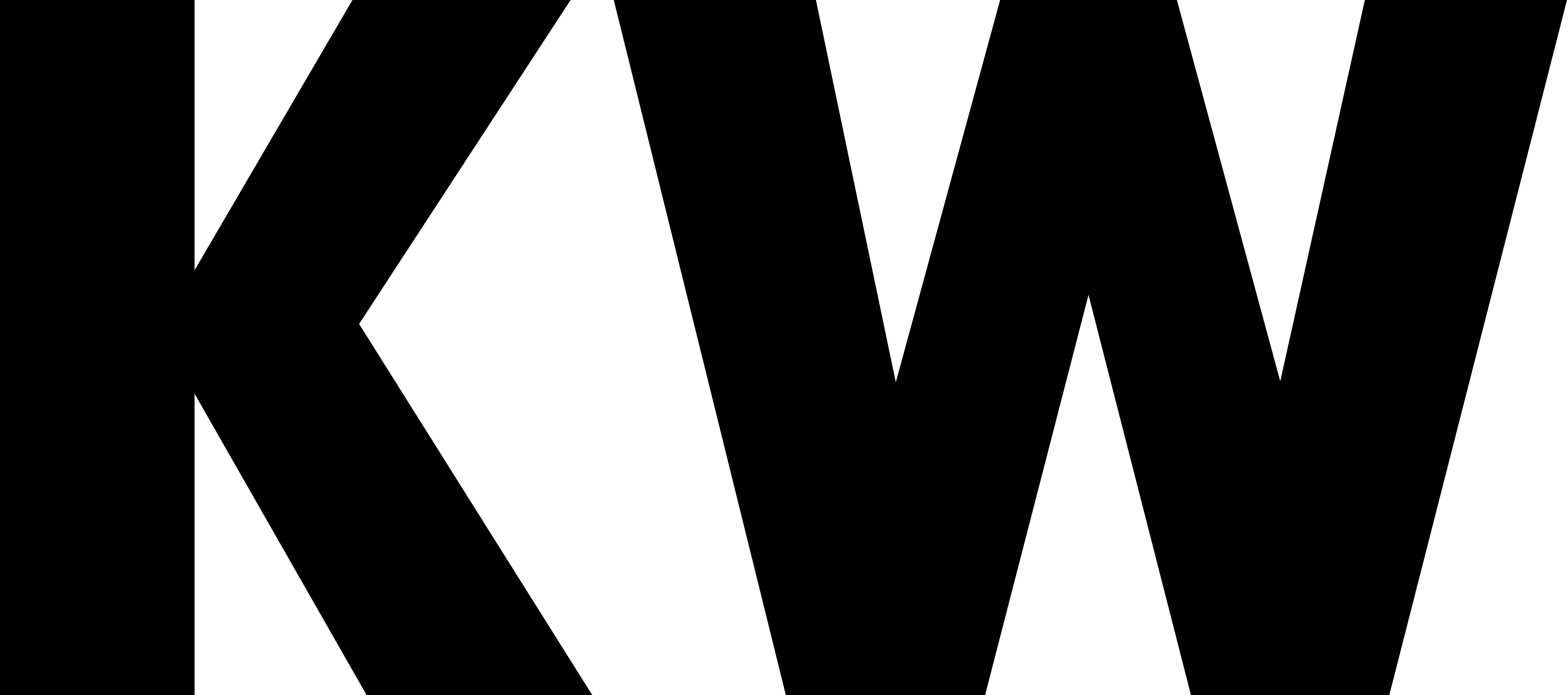Online stream:
Renzo Martens
White Cube (2020)
24 March–11 April 21
in English
Paywall admission: $5
An online stream will be available from 24 March 21 on KW’s website. The proceeds of the admission will go entirely to CATPC to buy back more land. In order to watch White Cube, please follow our guideline.
Renzo Martens, White Cube; Copyright © Human Activities, 2020
Image: Renzo Martens, film still from White Cube; Copyright © Human Activities, 2020
In White Cube, a new feature-length documentary film by Renzo Martens, Congolese plantation workers set a new precedent. They successfully co-opt the concept of the ‘white cube’ to buy back their land from international plantation companies, and secure it for future generations.
White Cube follows the Cercle d’Art des Travailleurs de Plantation Congolaise (CATPC), a plantation workers’ cooperative based on a former Unilever plantation in Lusanga, Democratic Republic of Congo. The film documents CATPC’s success in ending the destructive system of monoculture on their lands.
“Land or art. If I would have to choose, I would choose both. But if I really have to choose only one, I would choose the land. Where can I put my chair and start making art, if I do not own the land?”
Matthieu Kasiama, CATPC.
From the violence of the plantation system to the aesthetics of the white cube, the film puts forward a proof of concept: museums can become decolonize and become inclusive, on the condition that the benefits accrued around the museum flow back to the plantation workers whose labor financed – and in some cases continues to finance – the very foundations of these institutions.
Dutch artist Renzo Martens’ attempt to resolve inequality through critical self-reflection is only the first salvo in this film. From the historical foundations in indentured plantation labour of art world giants such as Tate Modern, the Van Abbemuseum and the Ludwig Museum’s to the gentrifying neighbourhoods around them, from the boardrooms of Unilever to the exhausted plantations of Congo, the film sets a new paradigm. White Cube is not content with mere scrutiny, it proposes a paradigm shift: practical solutions for a new art world economy. CATPC was formed in 2014 together with renowned environmental activist René Ngongo, the founder of Greenpeace Congo. CATPC members make sculptures from plantation soil; the sculptures are 3D scanned and then reproduced in cocoa and palm oil in Amsterdam (the world’s largest cocoa port) before being exhibited at museums. With the income generated from their art the workers buy back the land that had been confiscated and taken from them by Unilever. So far they have bought 100 hectares, which they are transforming back into rich and diverse, ecological gardens: the post-plantation.
Early success came in 2017 with their first solo exhibition in New York’s SculptureCenter, an exhibition that was hailed by the New York Times as the ‘best art of the year’. The same year CATPC inaugurated their own white cube: an OMA/ David Gianotten designed museum, built on their newly purchased land, which functions to bring the capital, visibility and legitimacy associated with the White Cube to Lusanga.
White Cube is the follow up to Martens’ 2008 film Enjoy Poverty, and early study into art, privilege and plantation labour. White Cube marks a new beginning: how the concept of the white cube – with all the privileges it stands for — can be repurposed by plantation workers to begin an inclusive and egalitarian world. As CATPC member Mathieu Kasiama said:
“We must not stay in one place. We must spread out. We must take back all four corners of The Congo.”
White Cube is a film directed by Renzo Martens in collaboration with CATPC.
Renzo Martens studied political science and fine arts. His films Episode I and Episode III: Enjoy Poverty have brought him worldwide recognition and have been shown at numerous museums and biennials, such as the Centre Pompidou and the Tate Modern. In 2012, Martens founded the Institute for Human Activities (IHA) with its Reversed Gentrification Program. Since 2014, the IHA collaborates with the Cercle d’Art des Travailleurs de Plantation Congolaise (CATPC), a plantation workers’ cooperative based on a former Unilever plantation in Lusanga, Democratic Republic of Congo.
Guideline to stream White Cube online:
To watch White Cube on demand, you need a Vimeo account. The whole process of logging in or creating an account, and finishing your purchase takes about 5 min. Please make sure you have your credit card or PayPal login at hand. Start by logging in to your existing Vimeo account if you have one. If you don’t have an account, you need to create your own Vimeo account. Once logged in, you can rent White Cube for USD 5,00. You can pay by credit card or with PayPal. Once you finish your purchase, click the Watch Now button to start streaming White Cube. Streaming will go through the website of the institution hosting the event. You will be able to stream White Cube for 24 hours from the moment you finish your purchase.
The proceeds of the admission will go entirely to CATPC to buy back more land.


